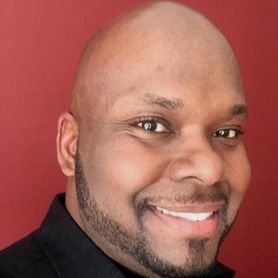Willie “Will” Phillips is a licensed clinical social worker who has worked for over 20 years. He is a candidate for the University of Kentucky’s College of Social Work DSW and expects to graduate from the program in May 2025. Before attending the University of Kentucky, he earned a Bachelor of Social Work (BSW) degree at Manchester University, along with a Master of Social Work (MSW) degree at Indiana University. He is employed at Ascension as a clinical social worker focusing on behavioral health. Over his tenure at the organization, he has provided direct clinical practice, clinical supervision, and social work education and served in various administrative roles.
His current research focuses on cultural competence, advanced clinical supervision, and working with diverse populations, specifically in addressing how cultural, personal, and institutional factors encourage or impede help-seeking for Black men. He has studied barriers to increasing Black men’s engagement in mental health treatment along with addressing factors that discourage engagement, which is connected to increased mortality rates for Black men due to unaddressed mental health needs. The goal of his capstone is to emphasize the needs of this population and offer research-based recommendations rooted in implementation science that are tailored to address the personal, cultural, and institutional barriers that Black men face when engaging in mental health services and support those needing mental health services, despite the route taken to request help.


